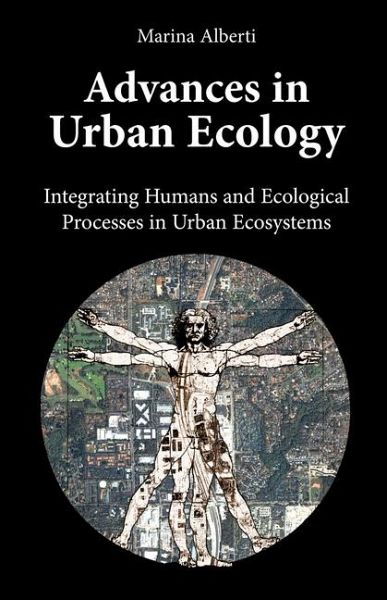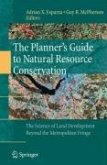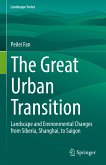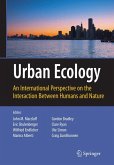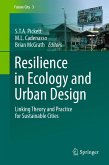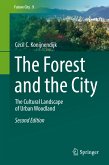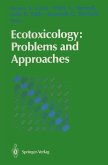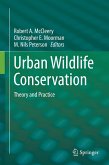Cities are the result of human and ecological processes occurring simultaneously in time and in space and the legacy of the simultaneous processes of the past. Urban ecology is the study of the co-evolution of human-ecological systems. Scholars of both urban systems and ecology must challenge the assumptions and world views within their disciplines and work towards a hybrid theory that builds on multiple world views.
The synthesis of research findings provided in this book is a first step towards articulating the challenge for scholars of urban ecosystems; it leads the way toward the integration we must achieve if we are to better understand and solve emerging issues in urban ecosystems.
Marina Alberti is Associate Professor in the Department of Urban Design and Planning and Director of the Urban Ecology Research Lab (http://www.urbaneco.washington.edu/) at the University of Washington in Seattle, Washington.
Dieser Download kann aus rechtlichen Gründen nur mit Rechnungsadresse in A, B, BG, CY, CZ, D, DK, EW, E, FIN, F, GR, HR, H, IRL, I, LT, L, LR, M, NL, PL, P, R, S, SLO, SK ausgeliefert werden.
"... liefert ... einen interessanten und sehr umfassenden Überblick über aktuelle Fragestellungen, Theorien und Erkenntnisse der Stadtökologie aus US-amerikanischer Sicht. ... wendet sich in erster Linie an Wissenschaftlerinnen und Wissenschaftler ... die sich mit urbanen Ökosystemen befassen. Aus der Perspektive Deutschlands ist vor allem die umfassende Darstellung ... äußerst aufschlussreich." (Alice Kube, in: Natur und Landschaft, December/2010, Vol. 85, Issue 12, S. 552)

